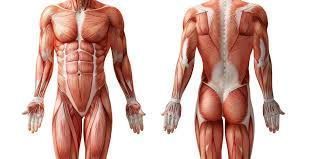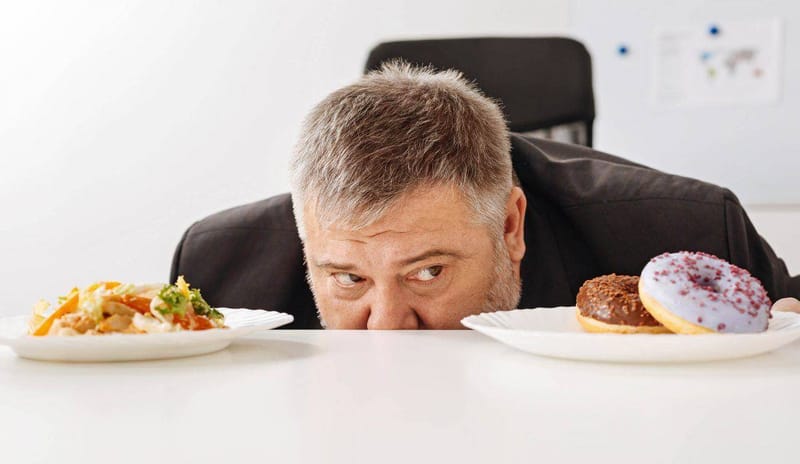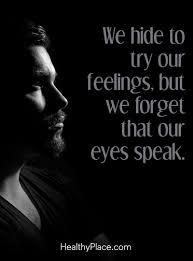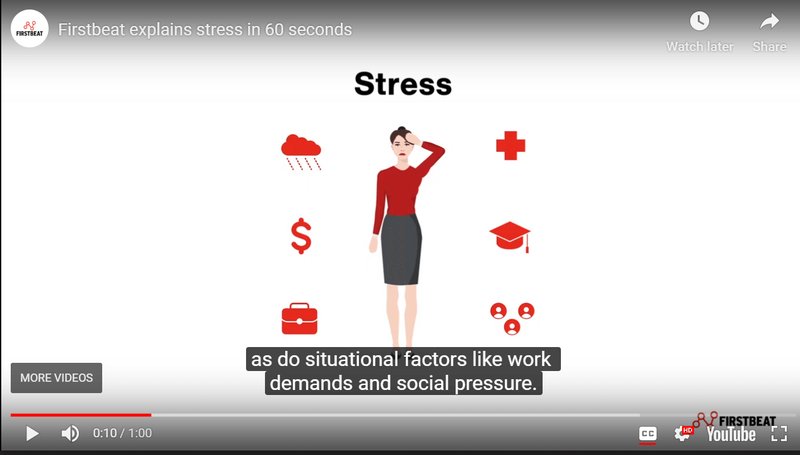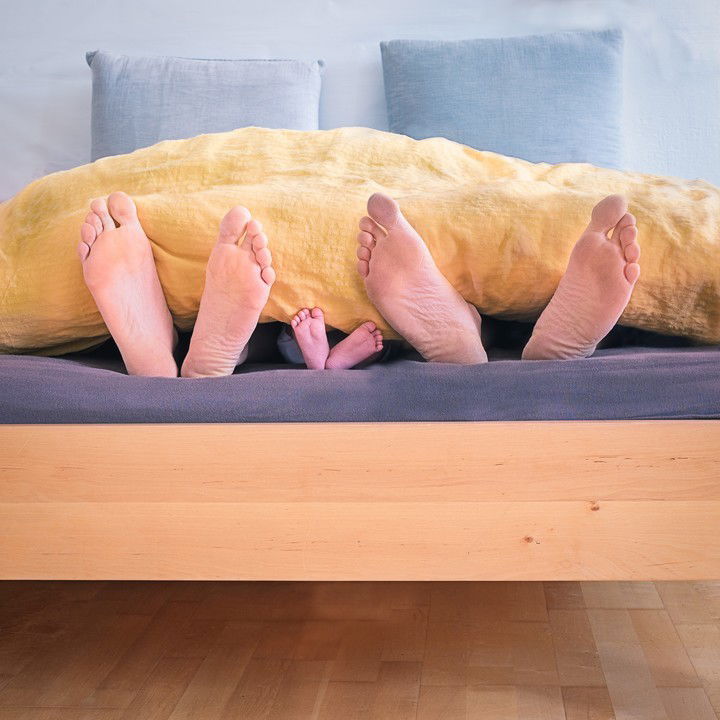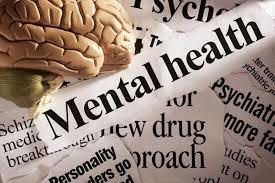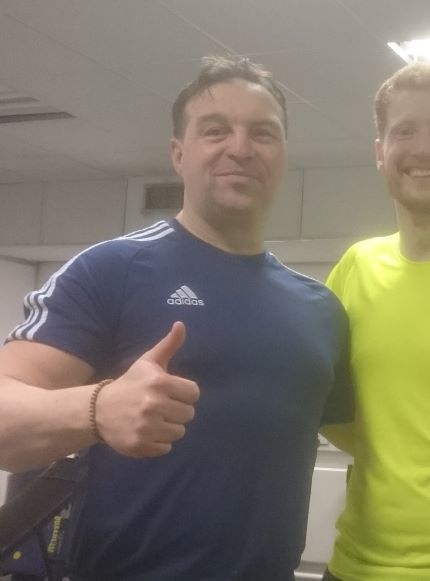Mental Health #https://www.myhealthweightloss.com/get-in-touch
When should you get help? The following symptoms might be signs of an underlying mental health condition: thoughts of hurting yourself or others frequent or persistent feelings of sadness, anger, fear, worry, or anxiety frequent emotional outbursts or mood swings confusion or unexplained memory loss delusions or hallucinations intense fear or anxiety about weight gain dramatic changes in eating or sleeping habits unexplained changes in school 'Read More'
Read MoreYou’re sitting in traffic, late for an important meeting, watching the minutes tick away. Your hypothalamus, a tiny control tower in your brain, decides to send out the order: Send in the stress hormones! These stress hormones are the same ones that trigger your body’s “fight or flight” response. Your heart races, your breath quickens, and your muscles ready for action. This response was designed to protect your body in an emergency 'Read More'
Read MoreWeight management and healthy eating are issues that wellness professionals face every day with their clients. However, nutritionists, wellness coaches and personal trainers. 'press 'Read now'
Read MoreSadness touches our lives at different times, but usually comes and goes. Depression, in contrast, often has enormous depth and staying power. It is more than a passing bout of "the blues." Press 'Read More'
Read More4 Simple Ways to Reduce Stress It’s important to keep in mind that stress is not necessarily a bad thing. Positive stress helps you to focus on work and accomplish tasks. High stress levels may also 'Read More'
Read MoreDeveloping these 10 acts of self-care has been a journey, one that continues today. The challenging (and fun) aspect of loving ourselves is that it’s an individual process. I had to explore what works best for me, and I continue to learn — in therapy, from friends, and in books and online — about new ways that I can take good care of myself. Each of these tools remind me that I can cope with mental illness and that I always have a choice of how to handle my symptoms. Every time I choose self-care I am reconnected with two important truths: that I deserve to love myself and that I, indeed, am worth it.
Read More10 Reasons Why Training Outdoors is Good For You 1a. It lowers blood pressure and reduces stress Studies have shown that physical activity outdoors lowers a person's blood pressure and heart rate. As a result, exercise outdoors feels less strenuous than similar exercise indoors, which, in turn, pushes you closer to your maximum performance. Train outdoors, push yourself to the limit and keep breaking your personal record! 1b Enhanced Self-esteem Research shows that as little as five minutes of outdoor exercise can improve self-esteem (Barton and Pretty, 2010). Any outdoor location will do, but being near greenery or water enhances this effect. Interestingly, low- to moderate-intensity physical activity shows greater improvements in self-esteem than high-intensity outdoor exercise. Activities shown to improve self-esteem include walking, cycling, horseback riding, fishing and gardening. A regular dose of outdoor activity can help boost the already powerful esteem-enhancing effect of exercise. Outdoor exercise has been proven to reduce stress. 2. Helps with insomnia When you exercise outdoors, you get fresh air which helps to alleviate insomnia. Regular exercise and fresh air will help you to fall asleep and improve the quality of your sleep! Regular exercise and fresh air will also improve the quality of your sleep.
Read MoreThom explains how through his improved rest and REM cycles he has increased his capacity for creativity and problem solving. Zane Lowe remarks upon how we fail.. Press'Read More'
Read MoreTypes of mental health problems If you’ve been diagnosed with a mental health problem you might be looking for information on your diagnosis, treatment options and where to go for support. Our information pages will help you learn more. Anger Explains what anger is, and how to deal with it in a constructive and healthy way. Anxiety and panic attacks Explains anxiety and panic attacks, including possible causes and how you can access treatment and support. Includes tips for helping yourself, and guidance for friends and family. Bipolar disorder Explains what bipolar disorder is, what kinds of treatment are available, and how you can help yourself cope. Also provides guidance on what friends and family can do to help. Body dysmorphic disorder (BDD) Explains body dysmorphic disorder, including possible causes and how you can access treatment and support. Includes tips for helping yourself, and guidance for friends and family. Borderline personality disorder (BPD) Explains what BPD is and what it’s like to live with this diagnosis. Also provides information about self-care, treatment and recovery, and gives guidance on how friends and family can help. Depression Explains depression, including possible causes and how you can access treatment and support. Includes tips for helping yourself, and guidance for friends and family. Dissociation and dissociative disorders Explains dissociative disorders, including possible causes and how you can access treatment and support. Includes tips for helping yourself, and guidance for friends and family. Drugs - recreational drugs & alcohol Explains the mental health effects of recreational drugs and alcohol, and what might happen if you use recreational drugs and also have a mental health problem. Includes suggestions for where you might find support. Eating problems Explains eating problems, including
Read MoreWorking with a therapist trained in CBT may help you identify what triggers your anxiety or anger. You can also learn to notice thoughts that are distorting your view of reality. Once you identify them, you can learn to reframe your thoughts in a way that helps you manage anger and anxiety. This process isn’t a quick fix, but research shows that CBT is very effective for treating chronic anxiety and anger issues.
Read More(Updated 2022) improving physical condition and fighting disease have long been established, and physicians always encourage staying physically active. Exercise is also considered 'Read More'
Read More
